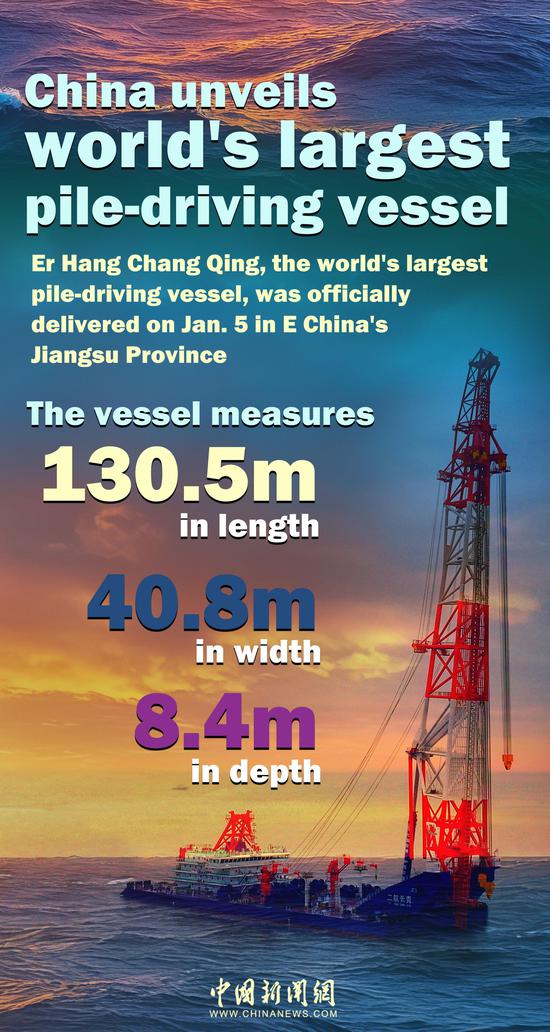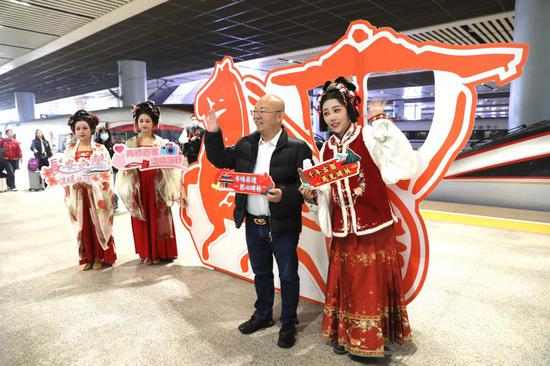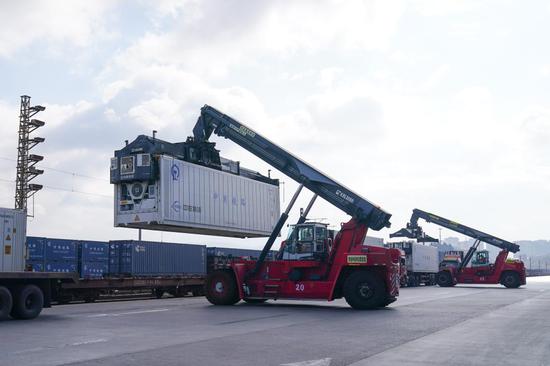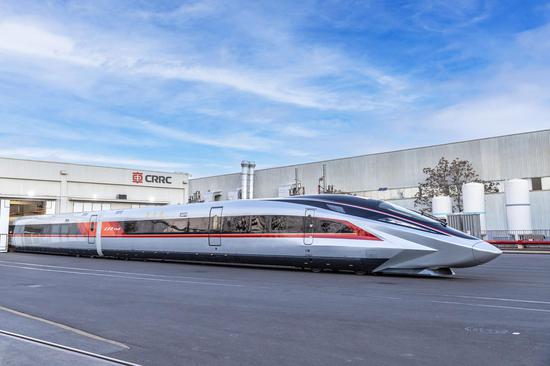The central authorities have recently called for efforts to improve the national unified labor market and social security platform by completely eliminating the household registration restrictions on employment insurance participation in the cities where they are employed.
Eliminating policy barriers for various types of workers to get social security is beneficial for improving the overall welfare level of workers. According to data of 2020, the scale of the migrant population has reached 376 million, accounting for 26.64 percent of the total population, and is still on the rise. Population migration has promoted economic development, changed industrial structures and layouts, and impacted the entire social governance system, making it necessary to establish a unified public service and social security system that adapts to and supports the large-scale migrating population.
In recent years, there has been rapid growth in the scale of flexible employment and new forms of employment, but giving these groups social insurance cover has become a challenge. It is also necessary to build and improve a unified social security public service platform across the country, encourage workers, including those under new forms of and flexible employment, to participate in insurance, and improve the overall welfare for workers.
Facilitating the free movement of labor contributes to high-quality economic development, and enhancing social security levels can promote social stability and a virtuous economic cycle, serving as an important cornerstone for improving the overall welfare of society.


















































 京公网安备 11010202009201号
京公网安备 11010202009201号